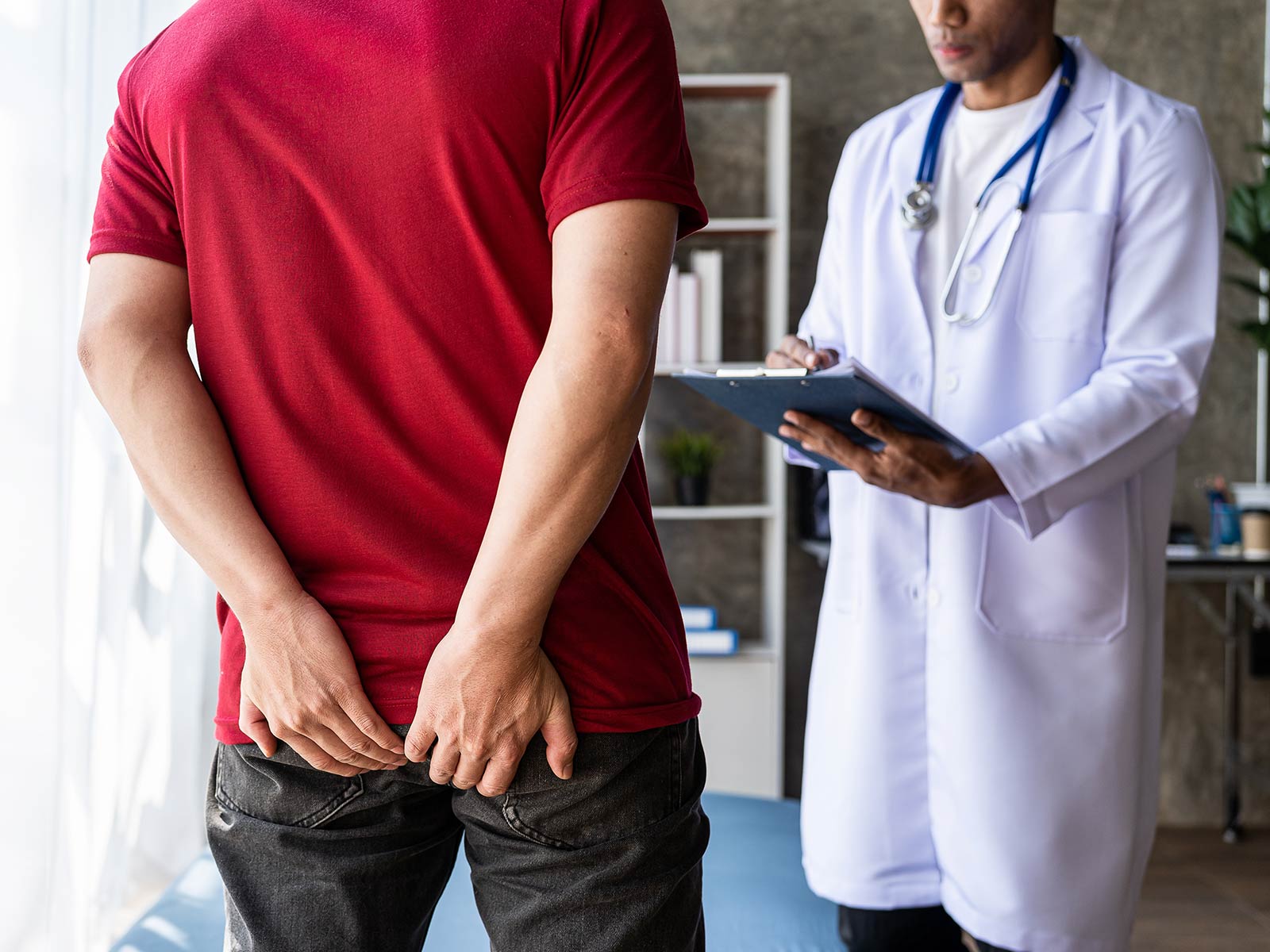
External hemorrhids are inflamed swollen gills of the anus solely under the skin. They can be extremely sensitive and tender and sore when sitting and passing of stools.
The external hemorrhoid may be mild hemorrhage, moderate hemorrhage and even severe hemorrhage but you may have:
Increased pressure in the lower rectum leads to the external hemorrhoids which brings protrusion of the vein walls hence bulging beneath the skin.
GastroDoxs offers the best delivery of the diagnostics and treatment of the abdominal distention and the associated conditions with the focus on the patient-centered approach and the full range of the solutions to the designated field of the digestive health. We have our values in philosophy of caring and personalized care to ensure that you experience long-term relief and better quality of life.
We've successfully treated more than 871 patients, helping individuals improve their digestive health and overall well-being through expert, personalized care.
With over 20 years of experience, GastroDoxs has been a trusted provider of gastroenterology care, focusing on delivering the best outcomes for patients
Extravagant hemorrhoids occur beneath the skin in the anus area and can be so painful, itchy or swollen. Internal hemorrhoids are found within the rectum and they tend to not be felt and can also be bleeding.
The rectal tissue is laced with rubber bands. Too fragile and exposed extravagant tissue of the hemorrhoids is worthless and painful banding.
Yes. The external hemorrhoids may cause bright red blood to be released when the skin is irritated by wiping excessive or the bowel passed.
Warm sitz bath, cold compress, over the counter cream, mild cleansing and high fiber diet. The outcomes are not as consistent and a lot of patients progress rapidly.
Clean the anus with a towel. Then put Preparation H in clean finger or applicator - on outside part of hemorrhoid, as instructed.
The ICD-10 code of other specified hemorrhoids, including external is K64.8.
Yes. Small external hemorrhoids can be treated by home based interventions like sitz bath, dietary and topical interventions. Medical treatment is possible either with chronic or acute forms.
Even painless hemorrhoids would not spurt or get sore. Any hemorrhoid should be examined in order to avoid the complications and other possible diseases.
A lot of medical sites of reputable institutions can be found on the Internet, where the references are made to pictures, yet, with the help of a specialist, it is possible to guarantee the personal analysis and personal guidance.
The other protrusions of the external hemorrhoids are small and temporary and disappear with a little treatment. Low invasive procedures and office treatment would be used to relieve in the long term in case of recurrence or persistence.